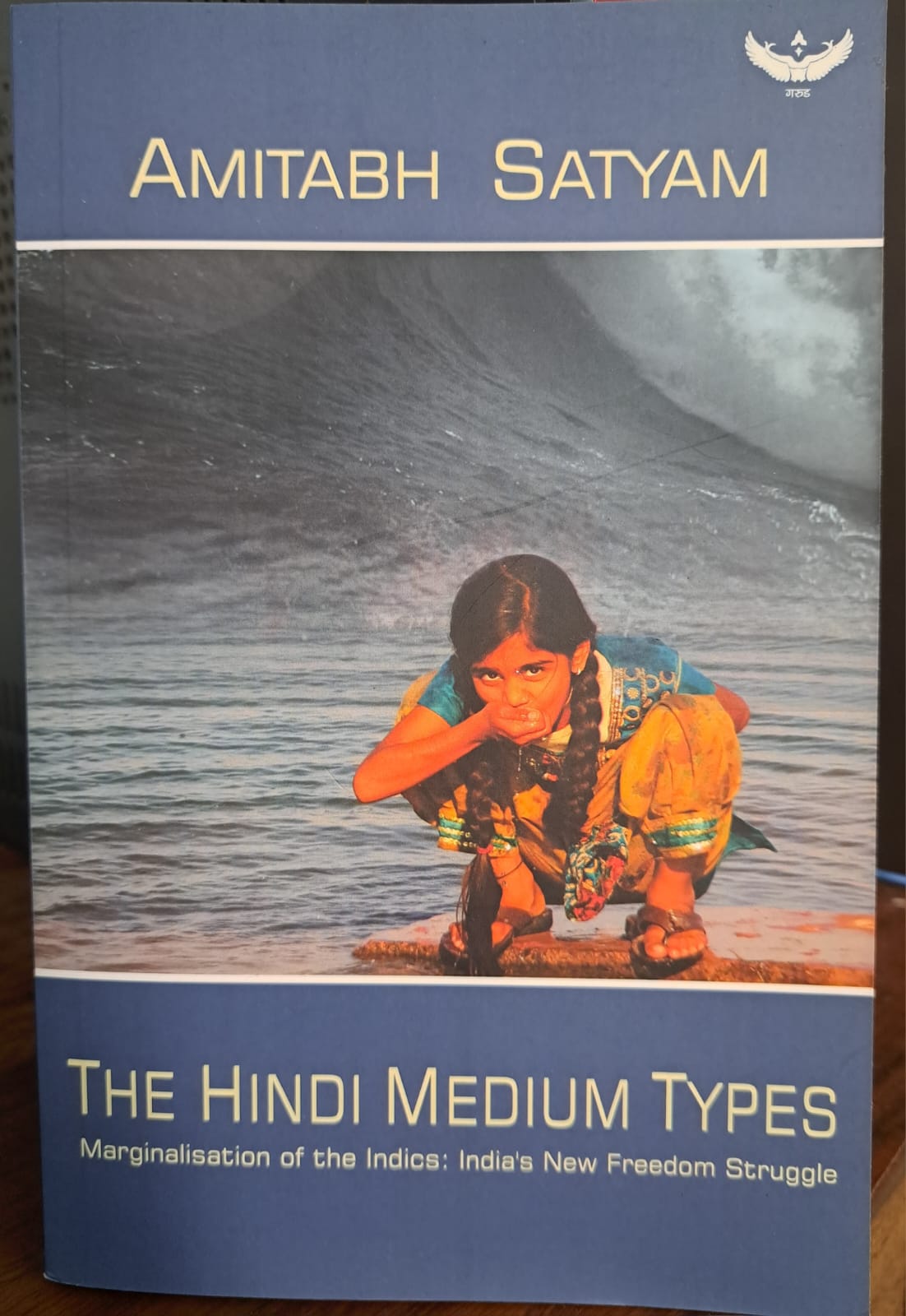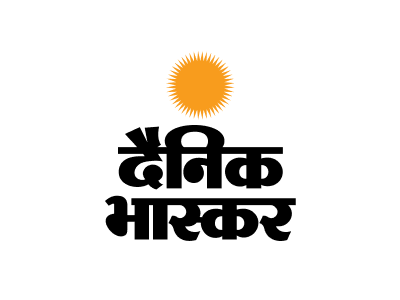3 minutes ago
- Copy link
‘Have you ever seen only Bhojpuri or Marathi -speaking Indian tennis player? … no. they speak English. Tennis is not an Indian sport in India and tennis grounds (courts) are also very few. These courts are in some western-way clubs, or in some expensive schools and apartments. The tennis court is also considered to be the identity of a high -class hobby, just like a swimming pool, it is not just a game but a status symbol.
Indian Games get very rarely preferred than Western Games. Just like Hindi speakers are considered less knowledgeable than English speakers. ,
Through another fact recorded in the book, the author takes sarcasm at the slave mentality of English. Hearing that facts, any Indian will be surprised why he never thought of this. So there is a song-‘Patjhad Sawan Basant Bahar. Weather four in a year, weather four … I do not know what was going on in Anand Bakshi’s mind while writing this song.
Because if they pay attention, then the weather in India is not 4 6. Spring, summer, rain, autumn, hemant, shishir. 4 seasons are in England. Autumn does not happen here. Well what is their fault too? They are also among all of us.
Author Amitabh Satyam’s new book ‘The Hindi Medium Types’ investigates the Infirority Complex (self -inferiority) born in the British era at many levels. This includes everything from sports to music, language, catering, dress.
He writes ‘Indian heritage has been deeply established in the second class in our mindset-‘ Language, food or sports, in every field, we humans ourselves and consider the British who have ruled us high. The scale of progress considers the imitation of the West. ‘
Amitabh has roamed many countries of the world during his professional journey. Different countries of the world feel so comfortable and proud of their language and culture. Many such stories are in the book. On the other hand, the book has been filled with many stories of how Hindi language and Indian culture is treated in India.
In this book, most of the local -speaking speakers will be able to connect the sentences of his life by Amitabh. They appear to be torn apart of an elite mentality of English -English entered at various levels in the entire Indian society.
Amitabh writes-‘Each language runs with the basic elements of its culture. No foreign language experiences can describe the feelings and nuances properly. Neither nature speaks English nor computer speaks English. English education is only useful to work abroad or work for foreigners.
Amitabh, who has been educated from IIT Kanpur, has exposed every aspect of every aspect of the country, from the nature of looking at the dress like dhoti-kurta to the Ayurvedic medicine system as unscientific, which makes the hollow ‘of the English-English’ thrown in a section of the country. He explains from many examples that there is a large class in India between which there is a strange complex about English and English.

Eat apples or seasonal stable fruits? He explains how English medicine in India made expensive fruits like apples mandatory, while other relatively cheap local and seasonal fruits are also beneficial. They argue-If you have studied through English-media, then you must also believe that you will be healthy only by eating one apple every day. The English saying should be said in India that ‘Eat a guava daily, do the doctor. Not apple ‘
Amitabh gives another interesting example of his studies- IIT. In Kanpur, when we were ill once, there used to be bread-bread for me from the hostel. Bread-Makkhan is harmful than our normal rice, pulses, bread, tarkari. English people eat bread when they are sick because bread is a lighter diet compared to beef (beef) etc. Our normal food is also lighter than this ‘food of the sick’ of the English. But we feed the sick people even more rich food in the circle of imitation of the English.
The era of colonial slavery has not come out of the mind yet The whole book tries to explain that we have not been able to come out mentally since the colonial period. Through mentioning his visit abroad, the author also explains how Indian inventions and culture have also been grabbed. After independence, how India could not manage to project its culture globally.
The language and culture of the British is the best? He writes: Nowadays no one thinks that English is the language of the foreigners who ruled us and exploited us a lot. Millions of Indians who were once a pioneer in science, engineering, literature, medicine, philosophy and art were declared uneducated in a shock. According to the British speakers, the greatness of India was rejected from one end and planted the language and culture of the British as superior and planted on the public. Only those who used to speak and follow the language of the British. The governance was in his hand.
In this book of 9 chapters, many examples are given that make the reader think about western impact on Indianness. Even though the book name is the Hindi medium types, it discusses the situation of every local language of the country. The entire perspective of the author is not connected to any language and ‘desi thinking versus foreign thinking’.
This can be an essential book for readers interested in negative impact due to western influences in Indian society.
,



